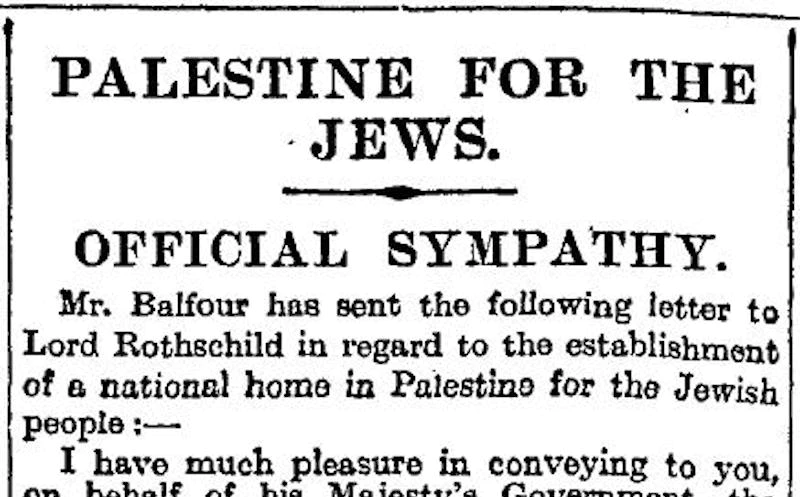Introduction to Palestinian History
Palestine, before the birth of Zionism, was a land of diverse cultures and peoples. Historically, it served as a place of refuge, home to Armenians, Bosnians, and even Indians, among others, all integrating into the fabric of Palestinian society. Palestine’s 4,000-year history, alongside this multicultural and multireligious landscape, forms the backdrop against which the narrative of Zionism unfolded.
Emergence of Zionism as Settler Colonialism
Zionism emerged in the late 19th century, not as a religious movement but as a political ideology founded by Theodor Herzl with the publication in 1896 of “Der Judenstaat” (German for “The State of Jews”). Zionism was characterized as a form of European settler colonialism driven by a white supremacist desire to establish a Jewish ethno-majority state in Palestine. This ideology inherently involved the displacement, subjugation, and ethnic cleansing of indigenous Palestinians.
It was marked by a "logic of elimination," a term coined by Patrick Wolfe to describe the settlers' need to justify and execute the removal of native Palestinians to claim the land for themselves. Herzl, who was considered the father of Zionism, envisioned a sovereign ethno-state for Jews facing persecution, mainly in Europe.
The movement began to gain momentum in the early 20th century. This led to the establishment of the Balfour Declaration of 1917, named after the British Foreign Secretary, Arthur Balfour. The Balfour Declaration facilitated the colonization of Palestine through the British government's endorsement to create “a national home for the Jewish people” in Palestine, which was then part of the Ottoman Empire. Following World War II and the horrors of the Holocaust, global sympathy fused with white guilt for Jewish refugees and international support further propelled the racist Zionist cause.
The UN proposed a partition plan in 1947, envisioning separate Jewish and Arab states with Jerusalem as an international city. The UN partition plan essentially served as a tool to legitimize the land theft of Palestine. For Zionists, it marked an achievement in their pursuit to displace, dispossess, and eradicate Palestinians, establishing a Jewish-only ethno-state with regional aspirations deeply rooted in colonial domination. Arab leaders, on the other hand, identified the partition plan as a means to impose Western hegemony in the Middle East, meeting the needs of the Jewish refugee crisis while also addressing their own white guilt.
Early Zionist-Palestinian INTERACTION
The early interactions between Palestinian native and Zionist settlers were initially marked by a degree of cooperation. Palestinians, perceiving the newcomers as fellow Semites, offered assistance and shared agricultural knowledge. However, the relationship deteriorated as it became clear that the Zionist settlers, driven by an ideology of superamcy and exclusivity, did not intend to coexist as equals but sought to dominate, colonize and displace.
British Role and Palestinian Resistance
The British Mandate's favoritism towards Zionist settlers sparked significant unrest and resistance among the Palestinian population. The 1936 revolt was a key moment of collective Palestinian opposition to both British colonial policies and Zionist settler colonialism- Palestinians were fed up with foreign powers interfering with their self-determination. Reports from this era, such as the Haycraft and Shaw reports, confirmed that Palestinian resistance was not motivated by antisemitism but by opposition to the inequitable policies that favored Zionist settlers over the indigenous population.


